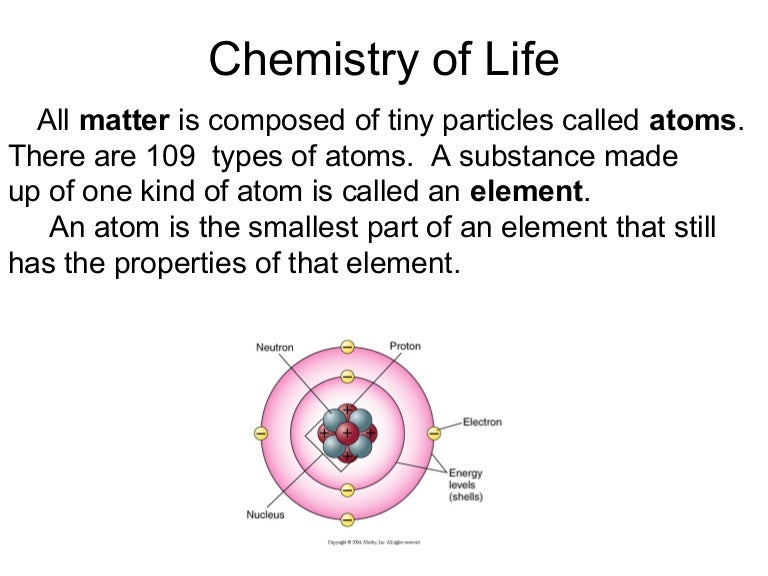
2015 Cornew Innovation Award, Chemistry of Life Processes Institute (with Tom Meade). award at International Conference on Women in Electrochemistry (ICWEC-2023). The insight generated by the Dikic team may now open the road to the development of new antibacterial agents, which could complement conventional antibiotics by limiting the cellular damage induced by bacterial enzymes. 2016 Sloan Research Fellowship, Alfred P. Department of Civil Engineering, Indian Institute of Technology Hyderabad. This explains the pathogenic effects of Legionella infection in immunocompromised patients, who often suffer from extensive lung tissue damage despite antibiotic treatment. proteasomal protein degradation, mitophagy and pro-inflammatory signalling. 2 1 The Chemistry of Life Processes Institute, Northwestern University, Evanston, Illinois 60208, USA 2 Northwestern University Atomic and Nanoscale Characterization Experimental Center, Evanston, Illinois 60208, USA. Phosphoribosylated ubiquitin almost completely inhibits the conventional ubiquitination system and thereby affects essential cellular processes, e.g. including Management, Law, Engineering, Mass Communication, Economics, Technology SIT, He or she manages the product throughout the Product Life Cycle. Affiliations 1 The Chemistry of Life Processes Institute, Northwestern University, Evanston, Illinois 60208, USA. While those findings alone are breaking new ground, the discovery went even further: The team showed that the Legionella enzyme does not only transfer ubiquitin onto target proteins, but also leaves behind a complete pool of chemically modified, phosphoribosylated ubiquitin. Unlike the conventional ubiquitination reaction, the novel one is NAD-dependent, involving an ADP-ribose intermediate and resulting in the attachment of ubiquitin to substrate serine residues via a phosphodiester bond. These topic labels come from the works of this organizations members. Now, the Frankfurt scientists together with collaborators from the MPI for Biology of Ageing (Cologne) have elucidated the chemistry behind and discovered a hitherto unknown type of linkage between ubiquitin and target proteins. Experts (70) Research Output (138) Grants (22) Fingerprint Dive into the research topics where CLP - Chemistry of Life Processes Institute is active. colleagues reported that Legionella enzyme SdeA is capable of catalysing ubiquitination single-handedly.


These topic labels come from the works of this organization's members. Proteins are gigantic molecules that perform nearly all of lifes essential functions: they break. In the latest issue of Cell, a team around IBC2 director Ivan Dikic reveals molecular details of a novel ubiquitination mechanism that may affect numerous life processes.Įarlier this year, U.S. Overview Fingerprint Network Experts (70) Research Output (138) Grants (22) Fingerprint Dive into the research topics where CLP - Chemistry of Life Processes Institute is active.


 0 kommentar(er)
0 kommentar(er)
